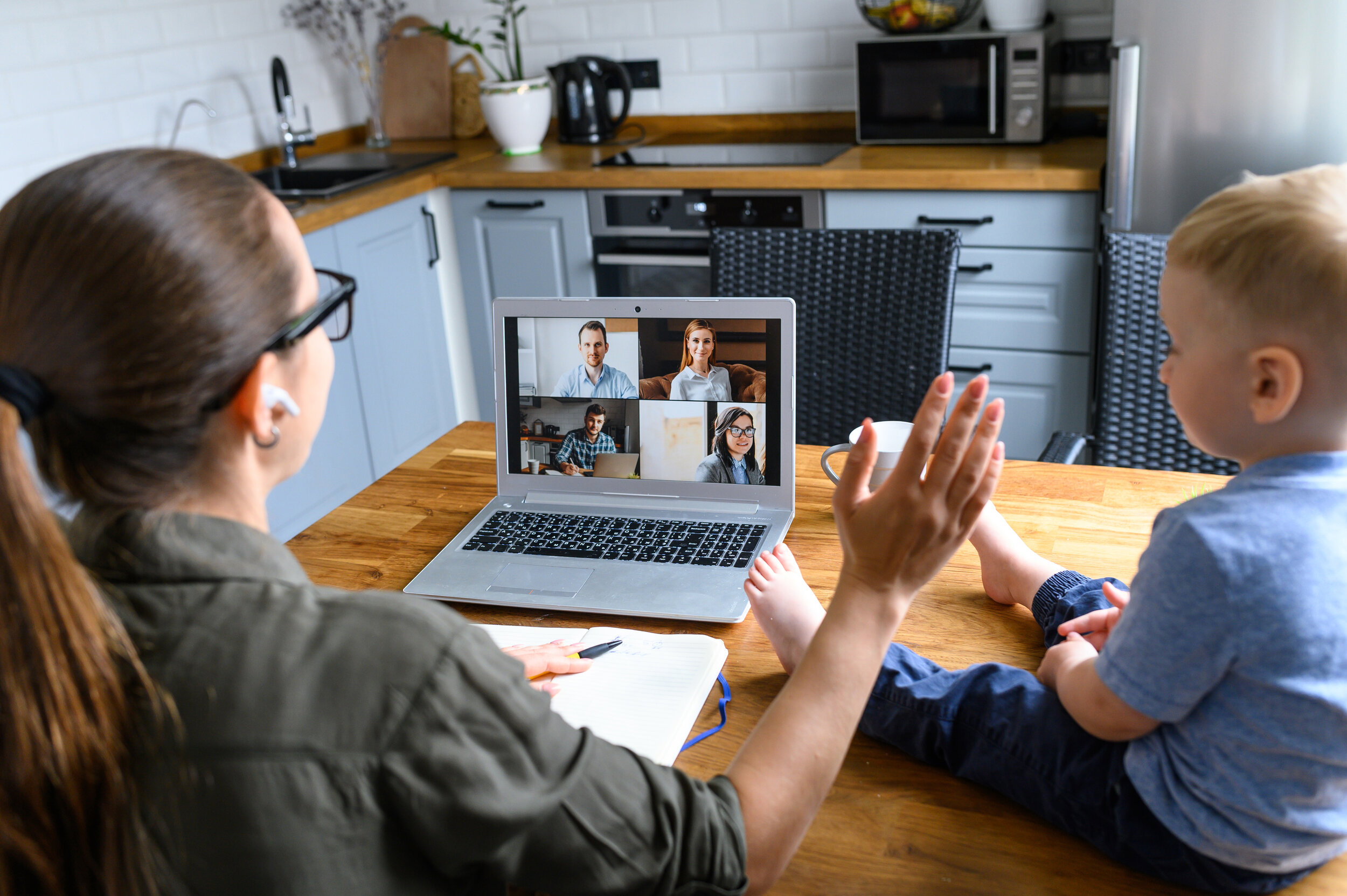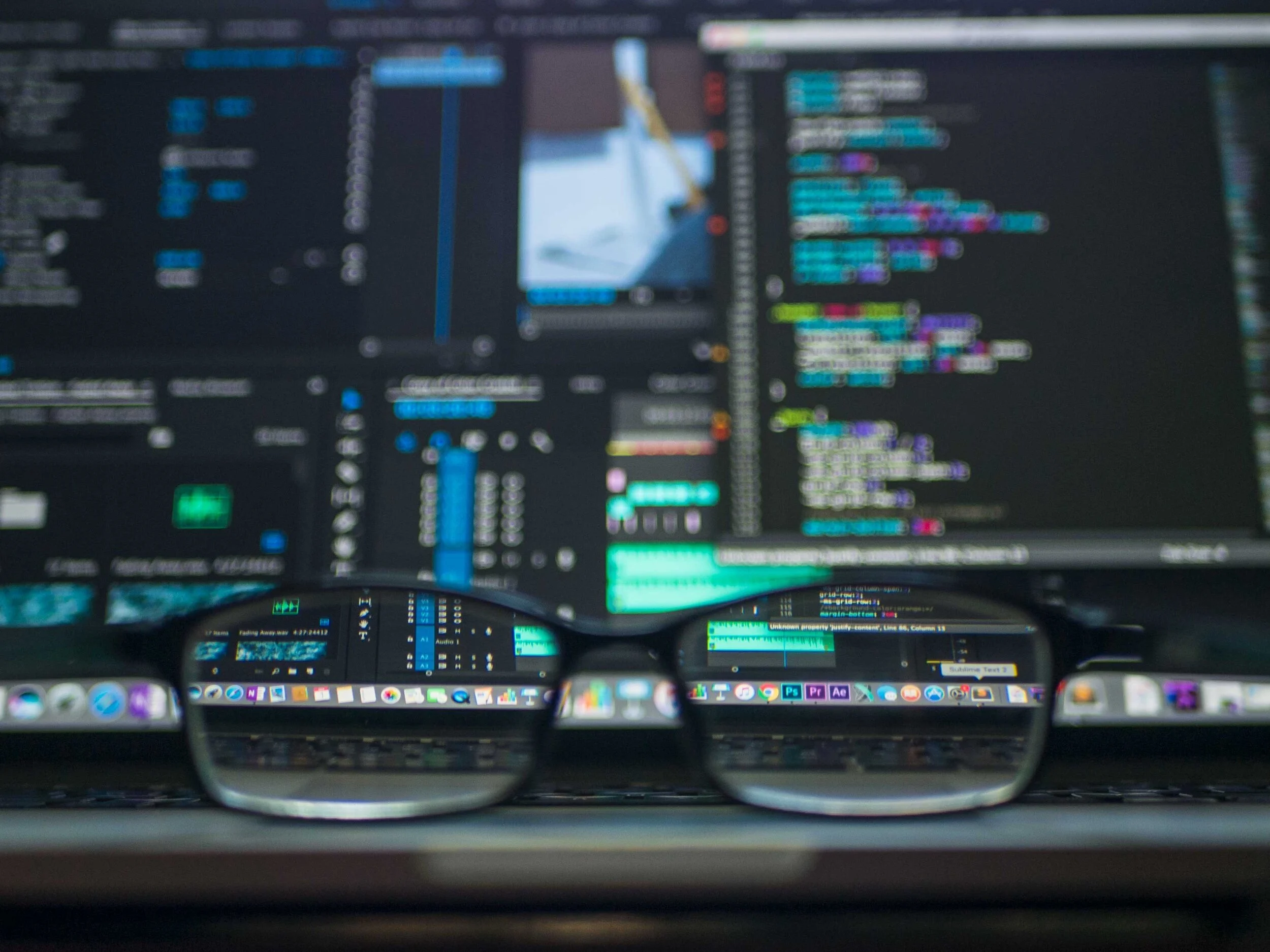Preparing for a COVID school year - cutting out the noise.
/Preparing for a COVID school year - Getting through the Noise!
Recently, CNET published an article about how tech employees who are parents with school-age children at home fear their employers will not give them consideration of their work/home balance issues as we head into the new school year. Attorneys with children have this same concern. In any dynamic, schooling children this year will be a challenge (whether by a single parent or by a two-parent household). Flexibility and understanding will be key this academic year as we move the legal process forward. I’d like to suggest some tech tips this week (over several postings) that may be of use to these households and may well serve any home.
Consider getting some Headphones not only for yourself but for your children. When each member of your house is using headphones to communicate with the person(s) on the other end of your phone or screen, that is at least one less source of noise traveling in your house. And when the classroom gets a little raucous, that will be something that you won’t have to listen to. Likewise, your children won’t have to overhear your clients, boss, fellow staff, etc., talk about that boring legal stuff. You may even want to get a couple of different types of headphones.
Personally, I am a fan of wireless headphones, and I have three different types.
I have what I call my basic pair: I love my AirPods! (Remember, Air Pods can be used for both Windows and Macs! – see my article here.). The best thing about them is you can use one at a time. This allows you to charge the one you are not using, and when the battery goes down on the one you are using, you can just switch them out.
I have a pair of on the ear headphones to assist with noise-canceling for important meetings. Note these are not “noise canceling” headphones that actively cancel out noise. I’ve been enjoying the Bose SoundLink On-Ear Bluetooth Wireless Headphones for many years. These sit on the ear. When I bought them, I compared the “noise canceling” model with the sans model and noticed a negligible difference (and not worth the $50? upgrade). The over the ear model was a little too warm for my preference. ADDED BONUS: If the power is drained for Bluetooth, you can use the enclosed wire to hook up your headphones to your computer’s mic and possibly to your phone or tablet if it has the right mic input or you have the right conversion dongle.
Lastly, I have my “sports” pair that I use for working out. They are a pair of in-ear Bose SoundSport Free. The grip is a little better than my regular Air Pods and the sound, being Bose, is so much better than my Air Pods. They also serve as a good backup should the need arise.
Happy Lawyering!!!





















